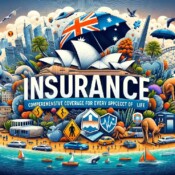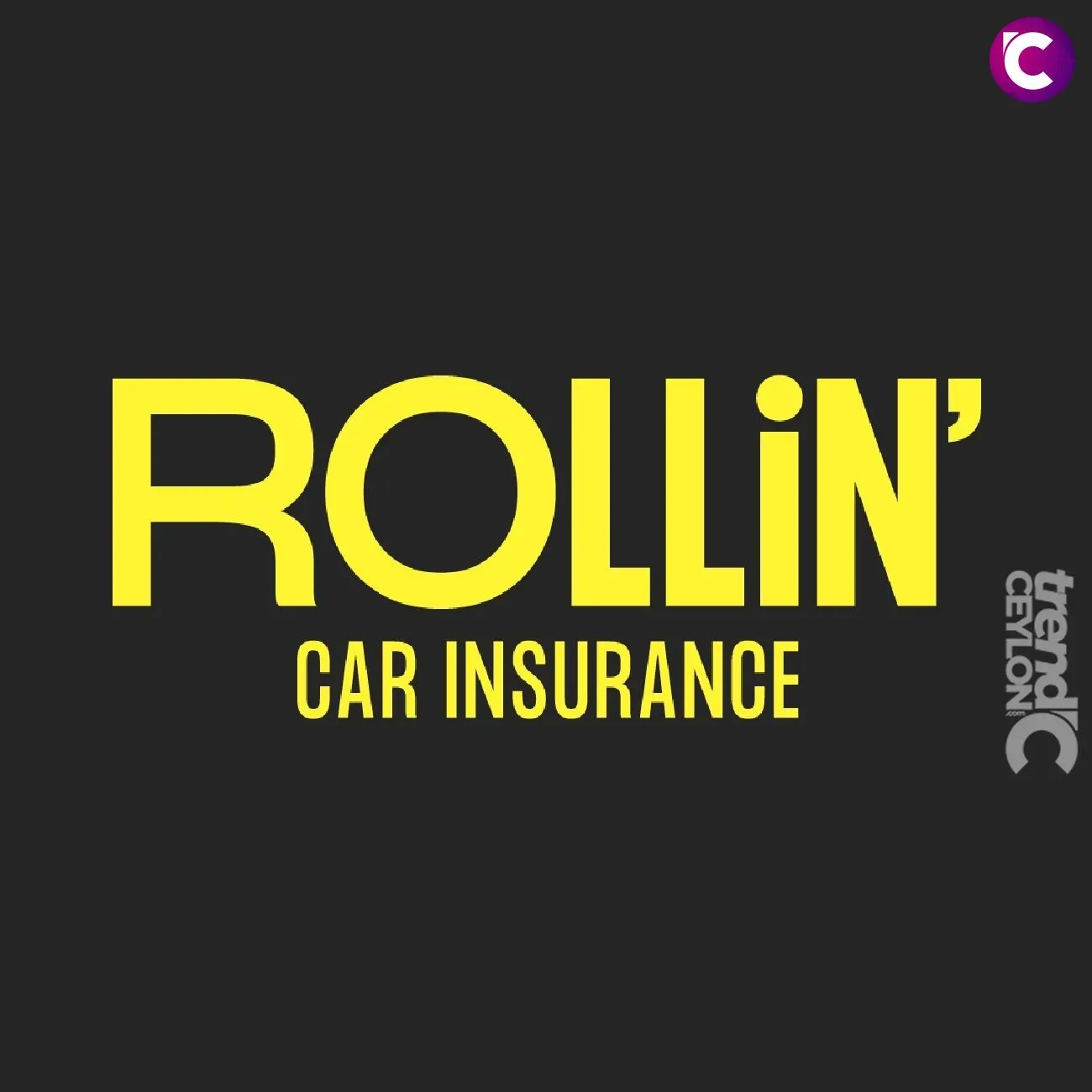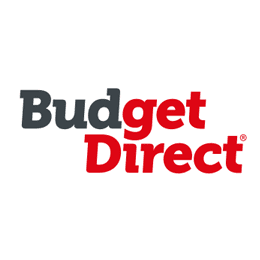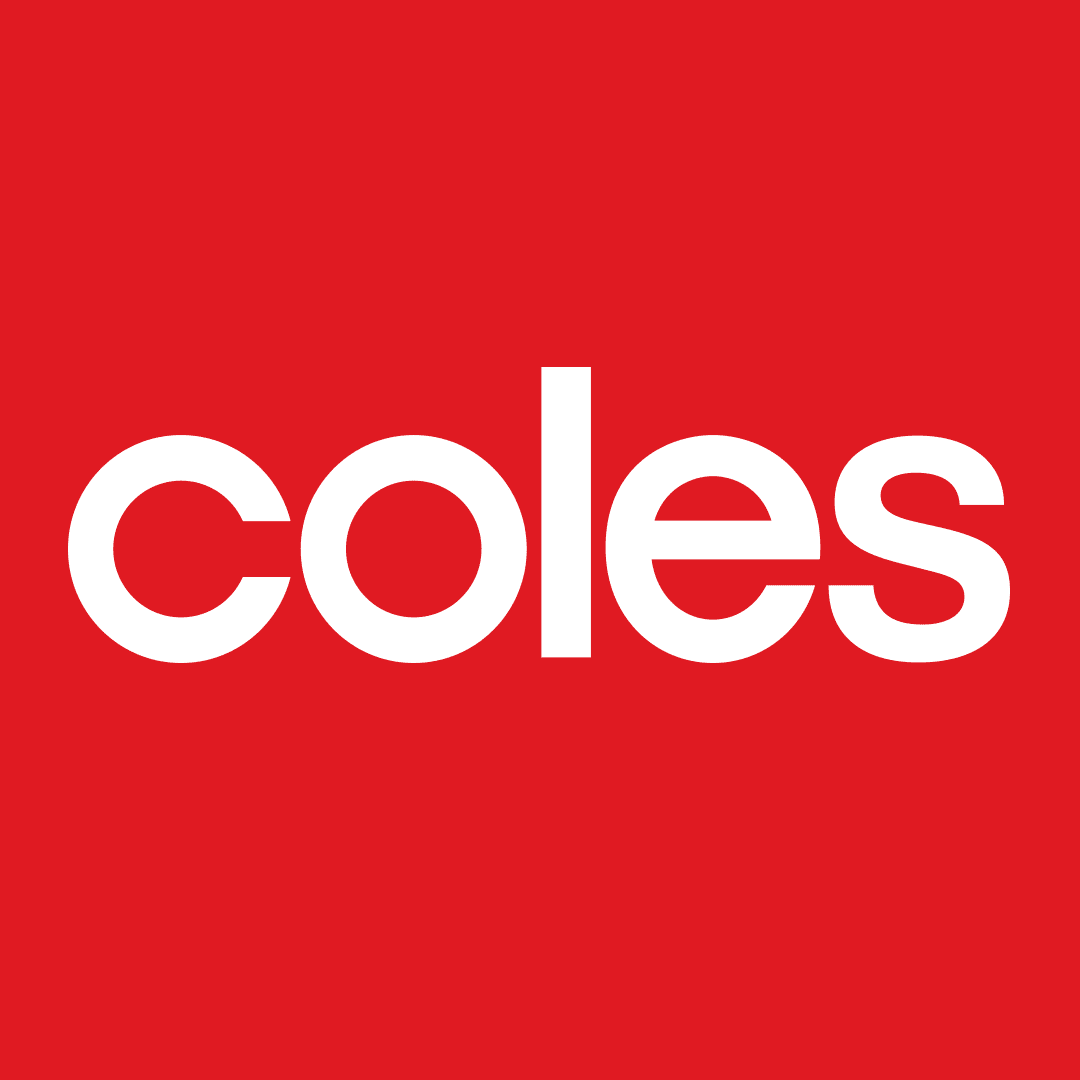Car insurance in Victoria, Australia, is a type of protection that helps cover the costs if your car gets damaged or stolen. It’s like a safety net for your vehicle. When you have car insurance, you pay a certain amount of money, called a premium, to an insurance company. In return, the insurance company helps pay for repairs, replacement, or other expenses related to your car.
There are different types of car insurance in Victoria. The most common one is called comprehensive insurance. It covers many situations, including accidents, theft, and damage caused by natural disasters. This type of insurance gives you more peace of mind, knowing you’re protected against various risks.
Another type of car insurance is third-party insurance. More basic coverage helps pay for the damages you cause to other people’s vehicles or property. It doesn’t cover your car, but it’s a legal requirement in Australia to have at least this type of insurance.
To summarize, car insurance in Victoria, Australia, is a way to protect your car and your finances in case of accidents, theft, or damage. By paying a premium to an insurance company, you ensure that they will help cover the costs associated with these unfortunate events. Choosing the right type of insurance that suits your needs and provides you with the necessary peace of mind on the road is essential.
You should consider several important factors before buying car insurance in Victoria, Australia. Here are some things to keep in mind:
Coverage Options: Car insurance policies offer different types of coverage, such as liability, collision, comprehensive, and personal injury protection. Liability insurance covers damages you may cause to others, while collision and comprehensive coverage protect your vehicle. Personal injury protection covers medical expenses for you and your passengers. Understanding these opportunities can help you choose which ones you need.
State Requirements: Each state has its minimum insurance requirements for drivers. It’s essential to know the specific requirements in your state and ensure that the policy you pick fulfills or exceeds them. Failing to fulfill these conditions can result in fines or other legal consequences.
Deductibles: A deductible is the amount you are responsible for paying before your insurance policy starts. When choosing a policy, consider the deductible amount you’re comfortable with, and Opting for the higher deductible leads to lower premiums. But policyholders have to pay more in the event of an accident.
Premiums: Insurance premiums are the regular payments you make to maintain coverage. When comparing policies, consider the cost of premiums from different insurance providers. Consider not only affordability but also the value of the coverage you’ll receive. Remember that cheaper premiums may offer less coverage or have higher deductibles.
Insurance Company Reputation: Research their reputation regarding customer service and the claim settlement process before selecting an insurance provider. Look for reviews and ratings from reliable sources. A reputable company will provide good customer support and a smooth claims experience when needed.
Coverage Limits: Coverage limits refer to the maximum amount your insurance company will pay your claim. It’s essential to ensure that the policy’s coverage limits are sufficient to protect you in case of a serious accident or loss. Having adequate coverage will provide you with financial security and peace of mind for you.
Additional Benefits: Some insurance policies offer additional benefits or optional coverage options. These can include roadside assistance, rental car coverage, or accident forgiveness. Consider whether these extras are important to you and if they align with your needs.
Exclusions and Limitations: Exclusions and limitations are specific situations or conditions in which your insurance policy may not use. Reading and understanding the policy’s exclusions and limitations is crucial to avoid later surprises. Knowing what is not covered will help you make informed decisions and consider additional coverage.
Policy Terms: Carefully review the policy terms, including cancellation policies, renewal terms, and potential penalties or fees. Understand the duration of the coverage and the conditions under which it may change. Knowing the policy terms will help you avoid any unexpected issues or costs.
Discounts: Many insurance providers offer discounts that can help reduce your premiums. These discounts can be based on factors such as a safe driving record, multiple policies with the same insurer, or having certain safety features installed in your vehicle. Please inquire about the available discounts and take advantage of them to lower your insurance costs.
Customer Support: Consider the accessibility and responsiveness of the insurance company’s customer support. Having a reliable point of contact for any questions, concerns, or assistance, you may need throughout the process. Prompt and helpful customer support can make a significant difference when dealing with claims or policy-related inquiries.
Comparison Shopping: Take the time to compare quotes and policies from different insurance providers. This allows you to evaluate the coverage options, premiums, and benefits each offer. You can find the best coverage and value for your specific needs and budget by comparing multiple options.
Remember that buying car insurance is an important decision, and reading and understanding the policy documents thoroughly before committing is crucial. If you have any questions, contact the insurance company for more details.










